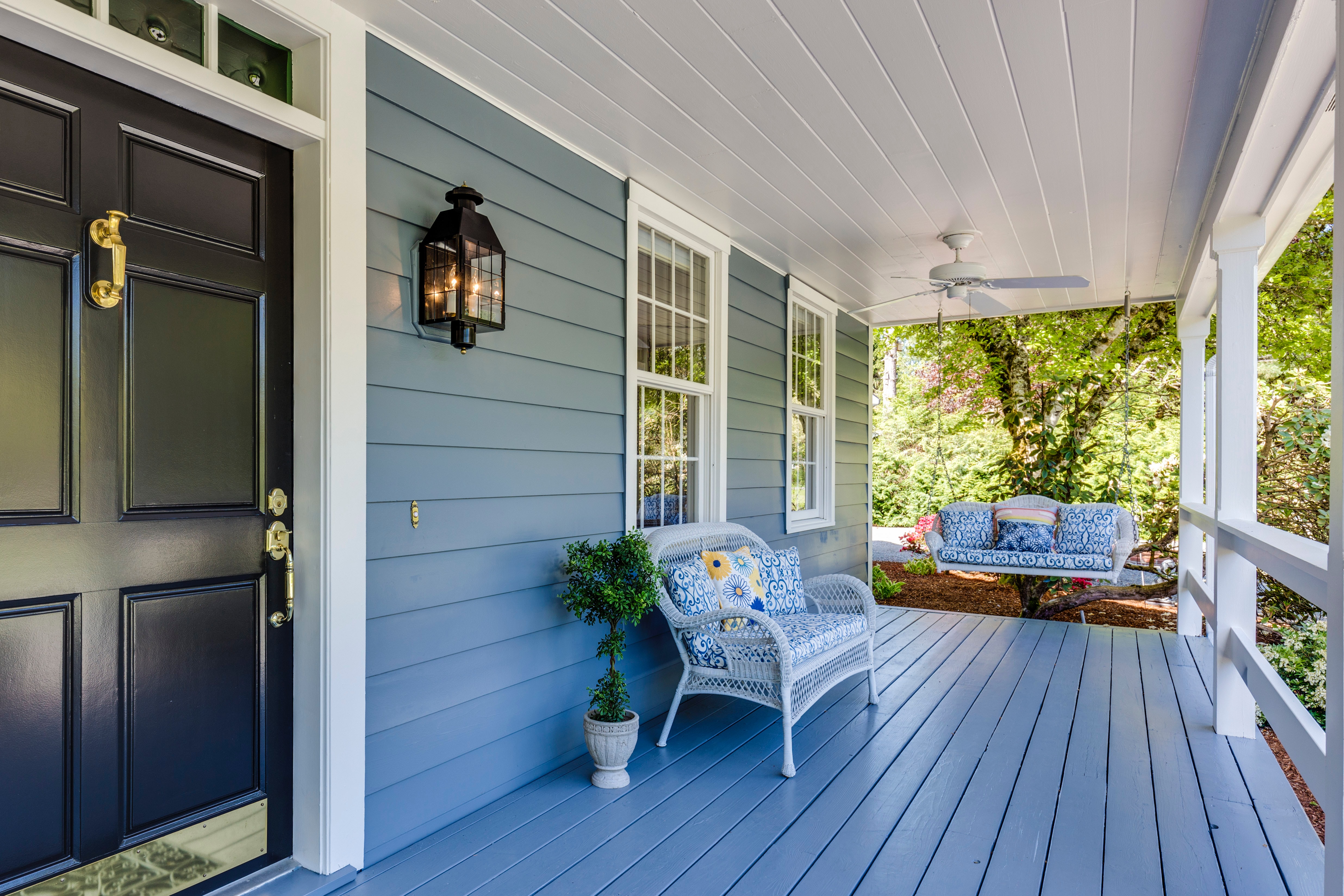what is a real estate cap rate
Cap rates can help you determine whether an investment will be "better" and/or more risky. A lower cap rates is usually associated with safer investments or less risky investments, while higher caps are associated with more risks.




